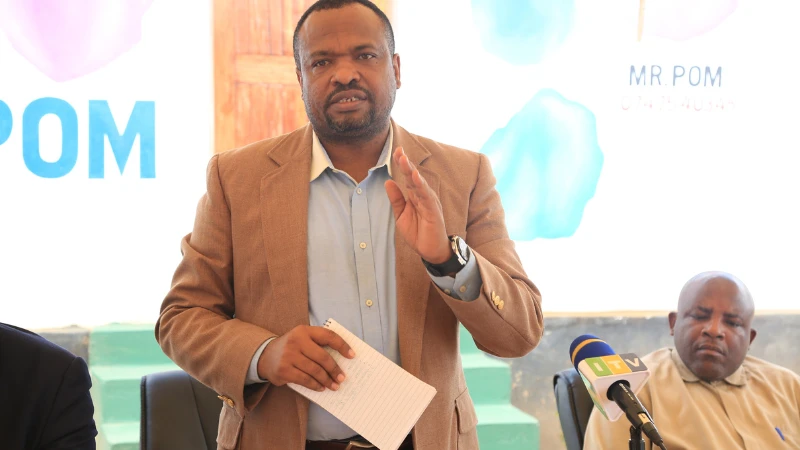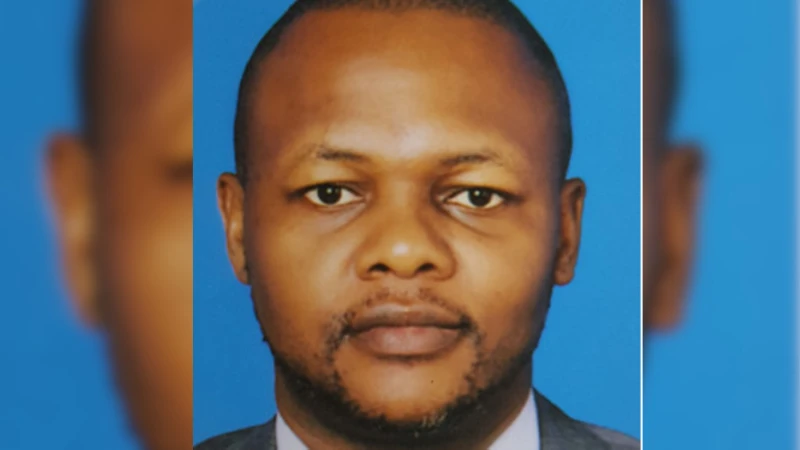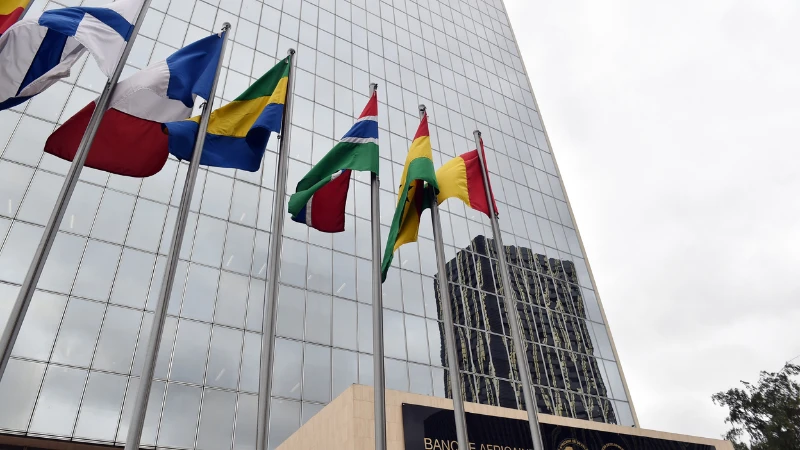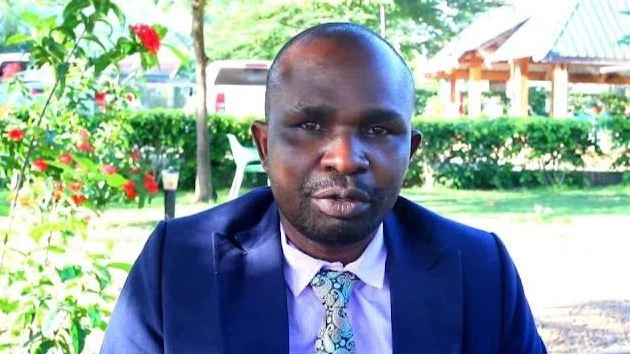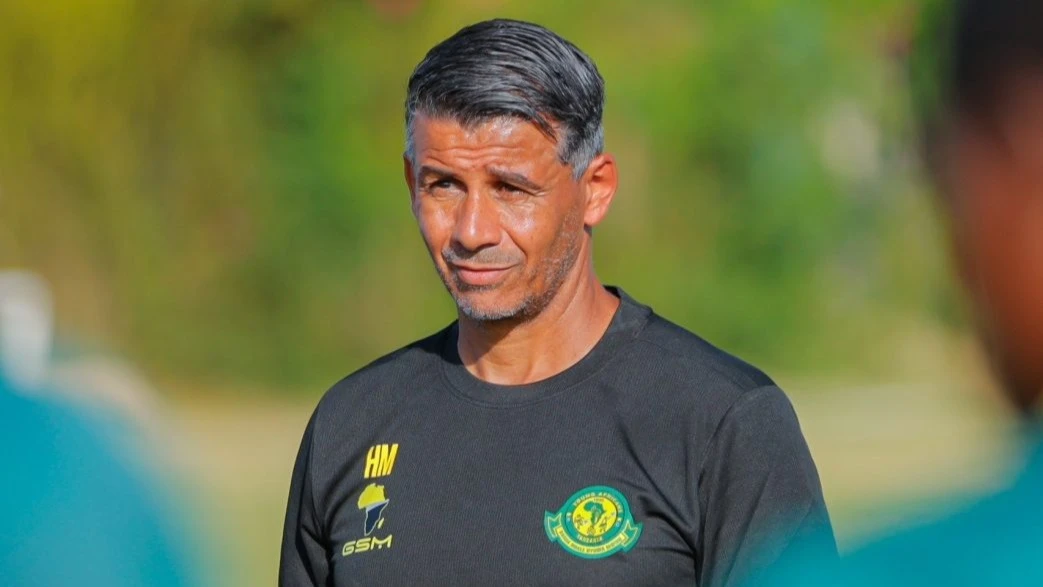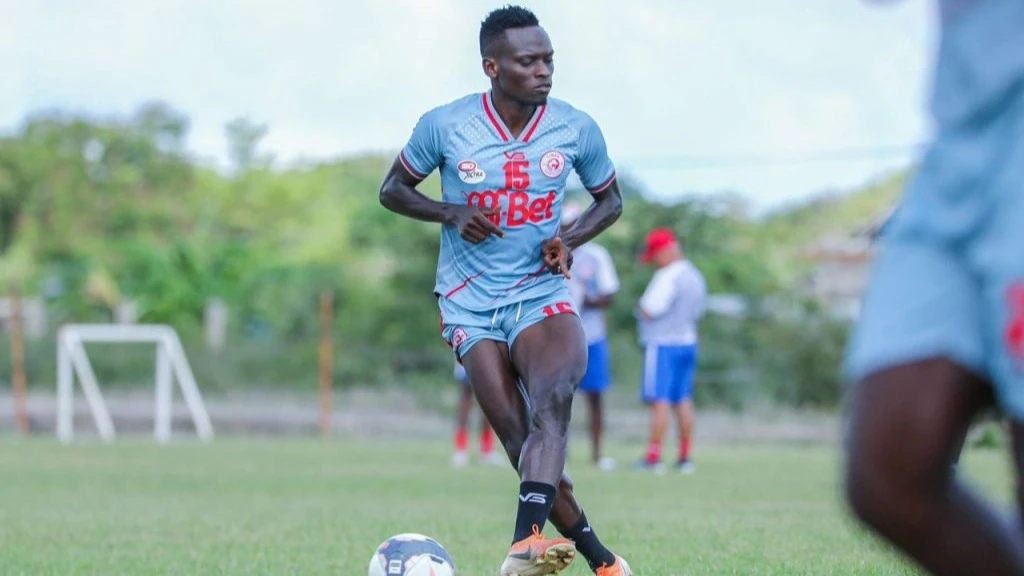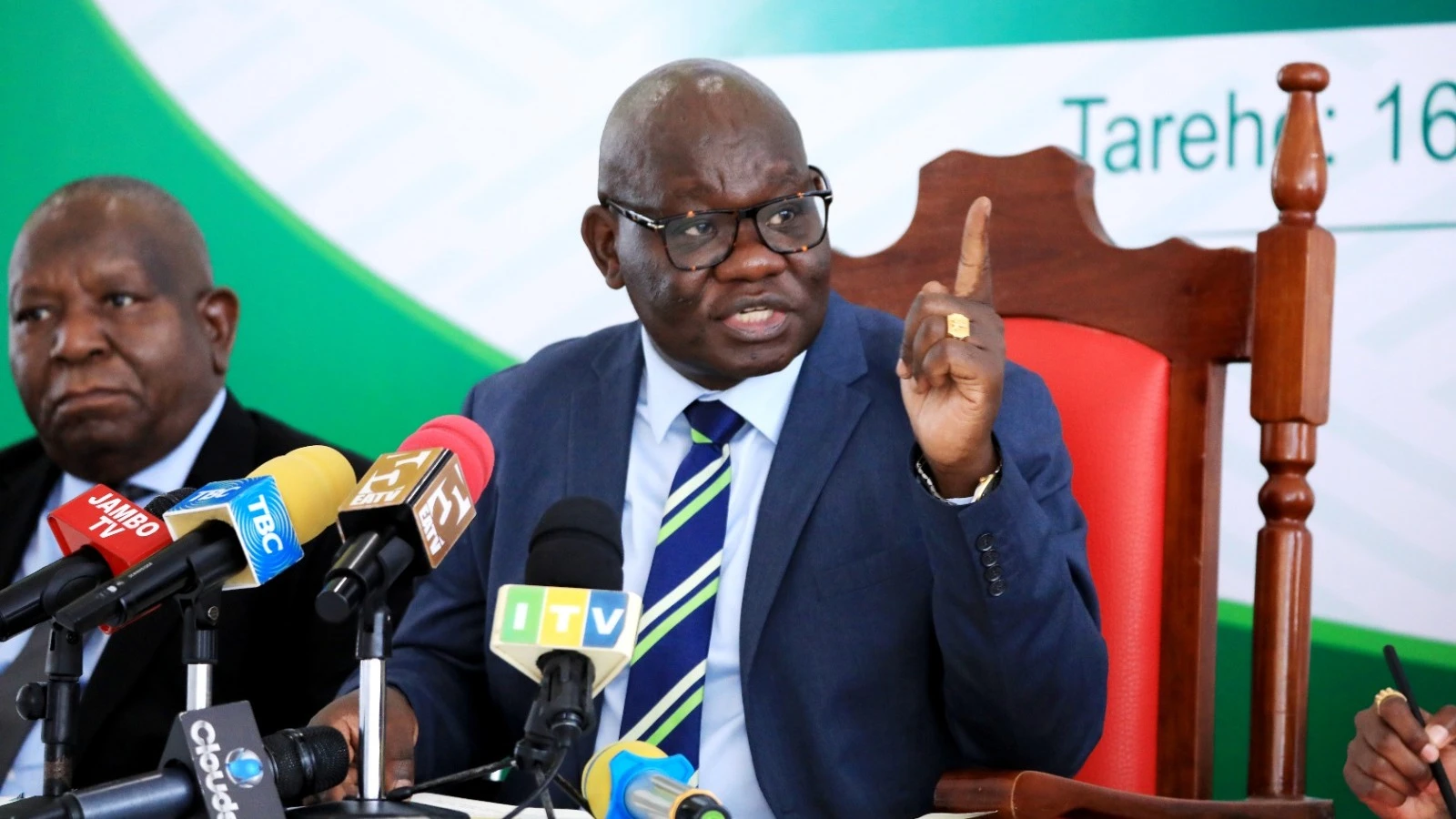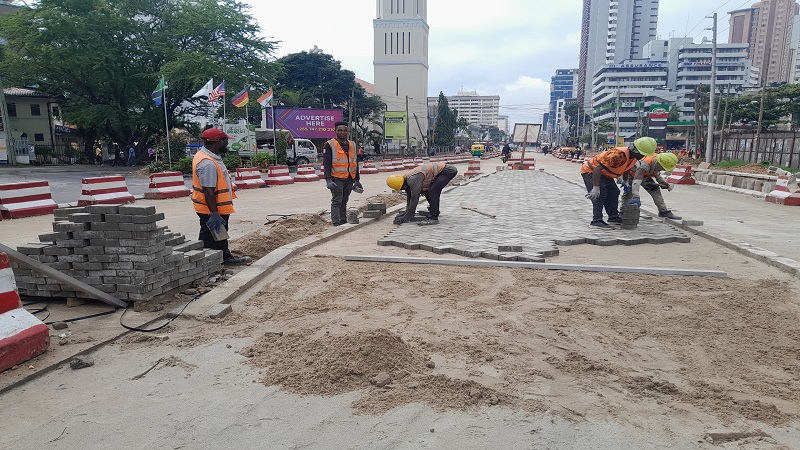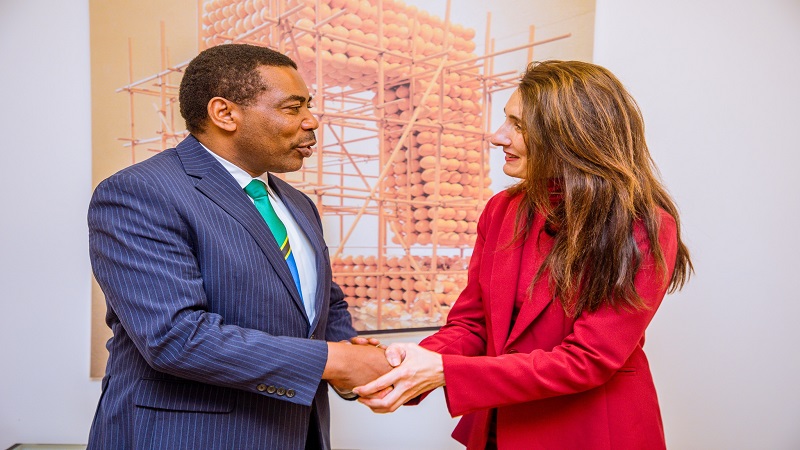‘Technology key to achieving SDGs’
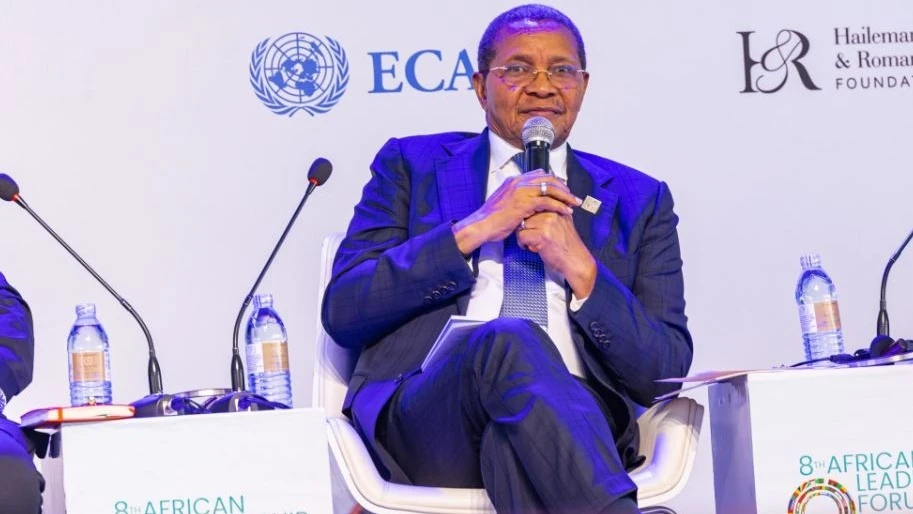
FORMER African leaders have underscored the critical role of technology and innovation in achieving the United Nations Sustainable Development Goals (SDGs) by 2030, reaffirming their commitment to drive the changes.
They shared their remarks yesterday in Kampala, Uganda during the 8th African Leadership Forum (ALF), organised by the Uongozi Institute.
According to the leaders, Africa’s future hinges on the adoption of digital technologies and innovative solutions to drive economic growth, improve service delivery and tackle pressing challenges such as poverty, inequality and climate change.
Former Tanzanian President Jakaya Kikwete, ALF patron, emphasised the significance of the forum, which was held under the timely and relevant theme: Realising Sustainable Development Goals in Africa: The Way Forward.
However, he cautioned that major challenges remain, including widespread poverty, disease and environmental threats. The former president emphasised the urgency of addressing these issues, especially with the 2030 deadline for the SDGs fast approaching.
“The call for agents of change cannot be overstated,” Kikwete said, urging participants to move beyond traditional methods and adopt bold, innovative reforms.
Former Ethiopian Prime Minister Hailemariam Desalegn Boshe stressed that technology was a driving force for Africa’s sustainable development.
He stated that the forum’s focus on achieving Africa’s SDGs—a 17-point plan for a better future free from poverty, inequality, and environmental degradation—was both timely and vital.
He highlighted how digital tools could foster economic growth and improve service delivery across the continent.
“Embracing digital technologies and fostering innovation can drive economic growth and improve service delivery,” he affirmed. “Let us rise to the challenge, embrace innovation, and forge a path toward a sustainable and prosperous Africa.”
Former Sierra Leone President Dr Ernest Bai Koroma urged African leaders to focus on empowering individuals and communities.
“Let this forum be more than just a conversation,” he urged. “Let it be a turning point—a moment where we commit to building an Africa that is not only rising but leading.” Koroma said.
He also emphasised the need for stronger partnerships, fair trade, and investment in human capital, particularly in fields like education and healthcare.
Dr Koroma further advocated for bold, evidence-based leadership that prioritises transformation.
“Africa needs progress, not charity,” he emphasised.
The former leaders’ remarks underscored a critical theme: the road to achieving the SDGs requires transformative leadership, innovation, and collaboration across governments, the private sector, and civil society.
The forum provided a platform for these leaders to inspire bold actions and call for reforms that prioritise progress over charity and focus on building a self-sufficient, sustainable Africa.
Top Headlines
© 2025 IPPMEDIA.COM. ALL RIGHTS RESERVED








